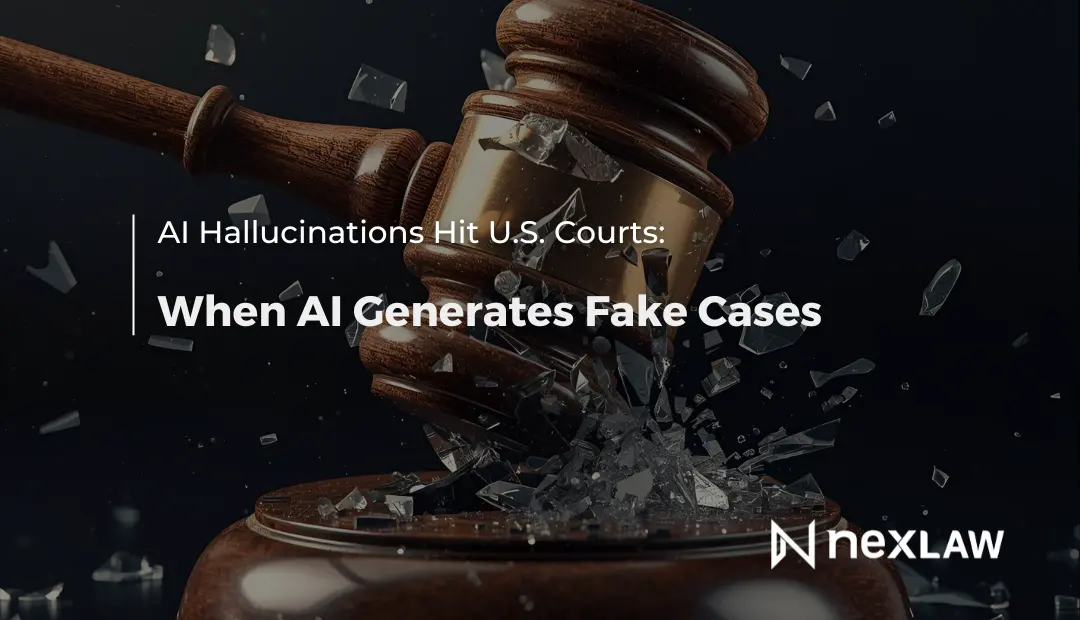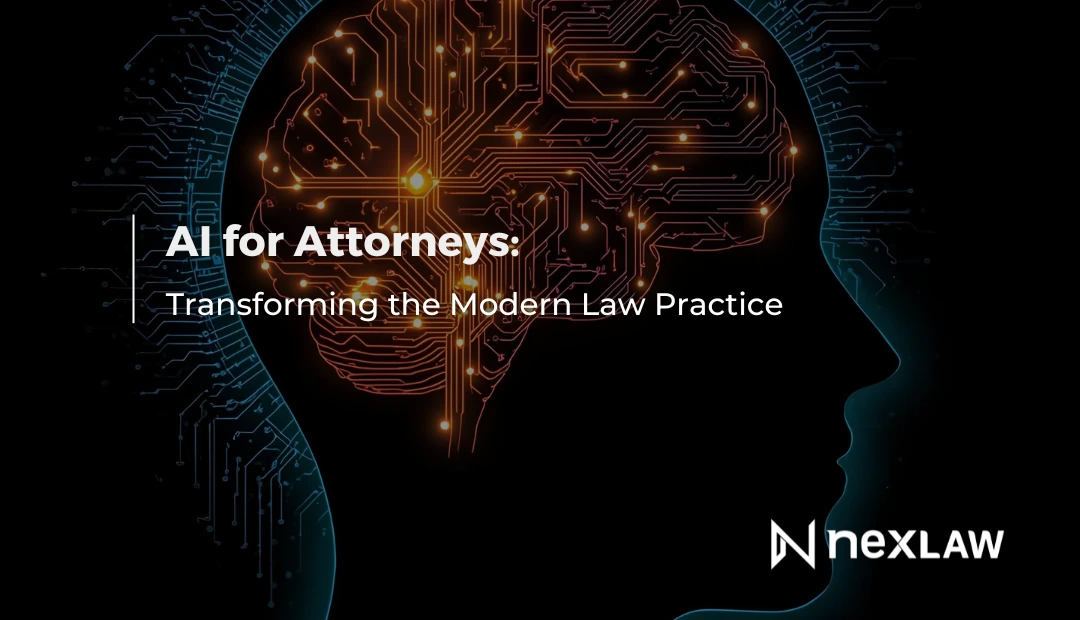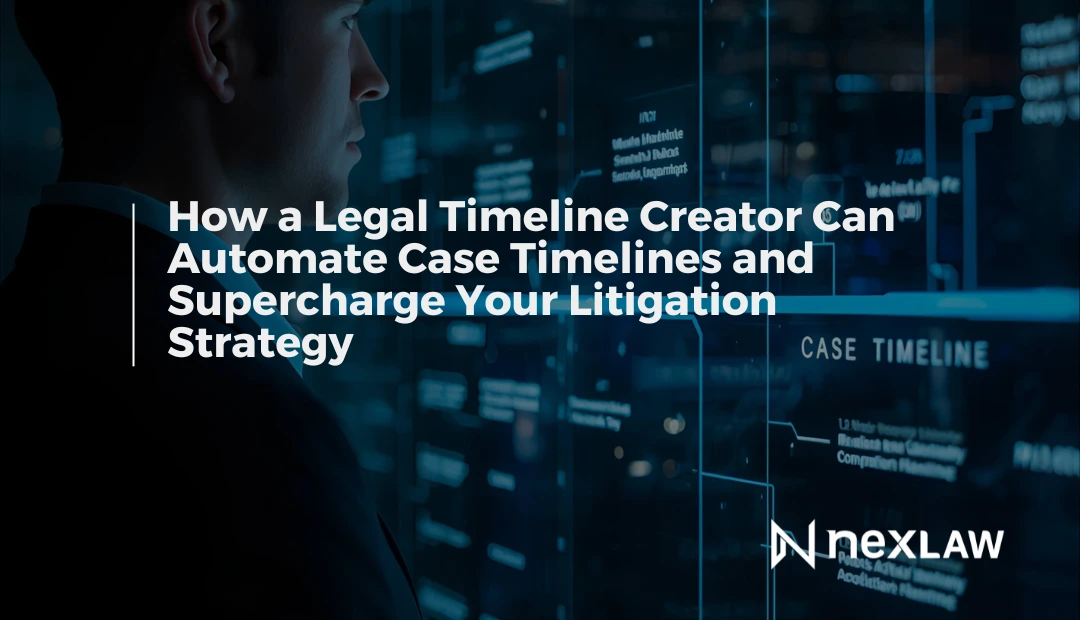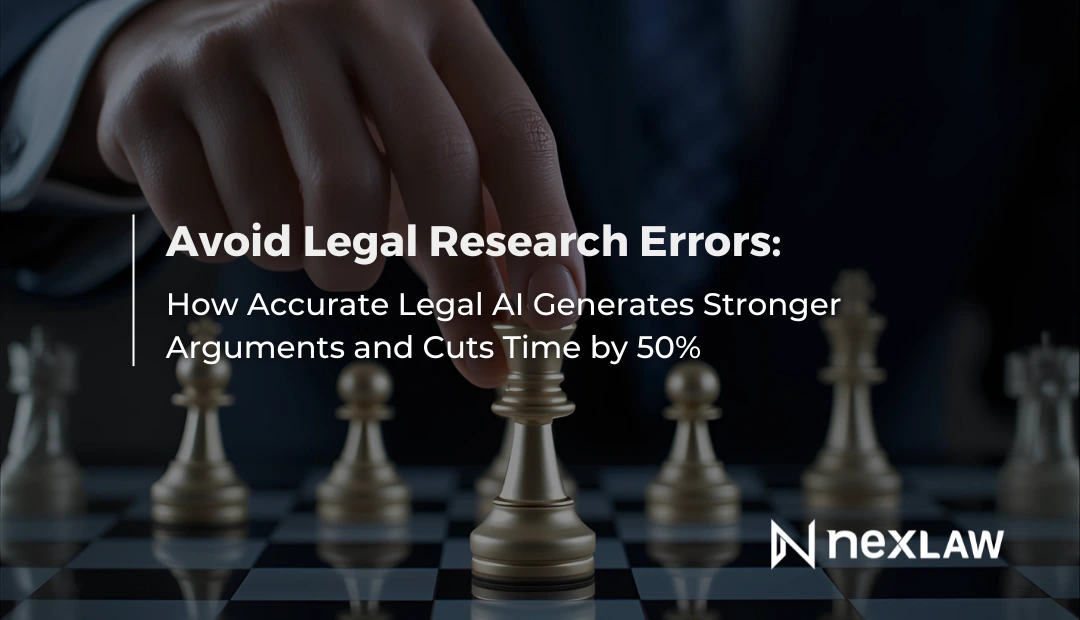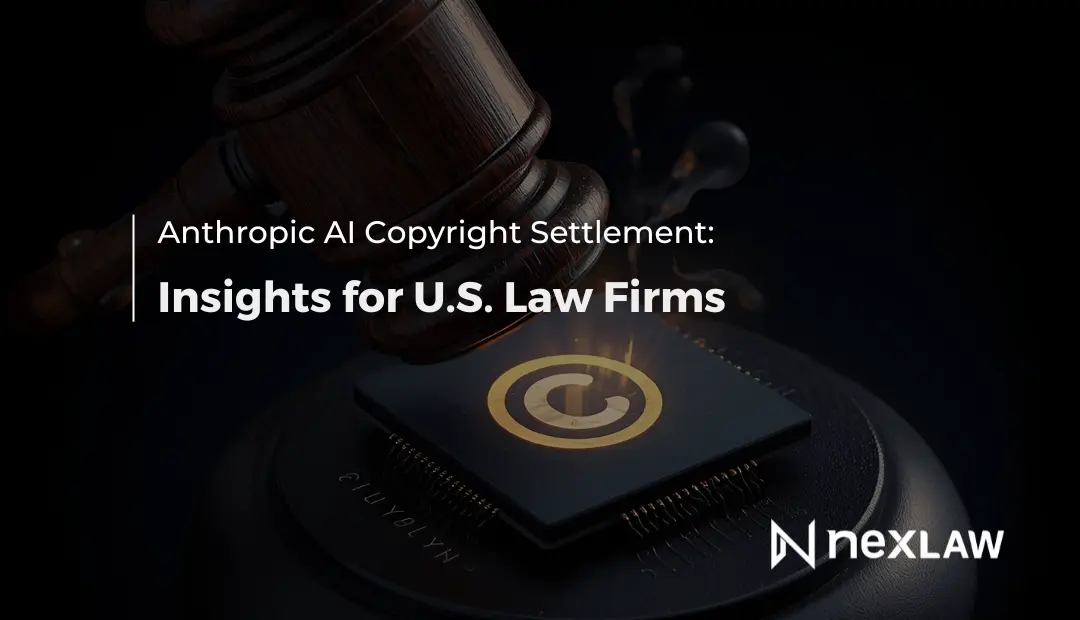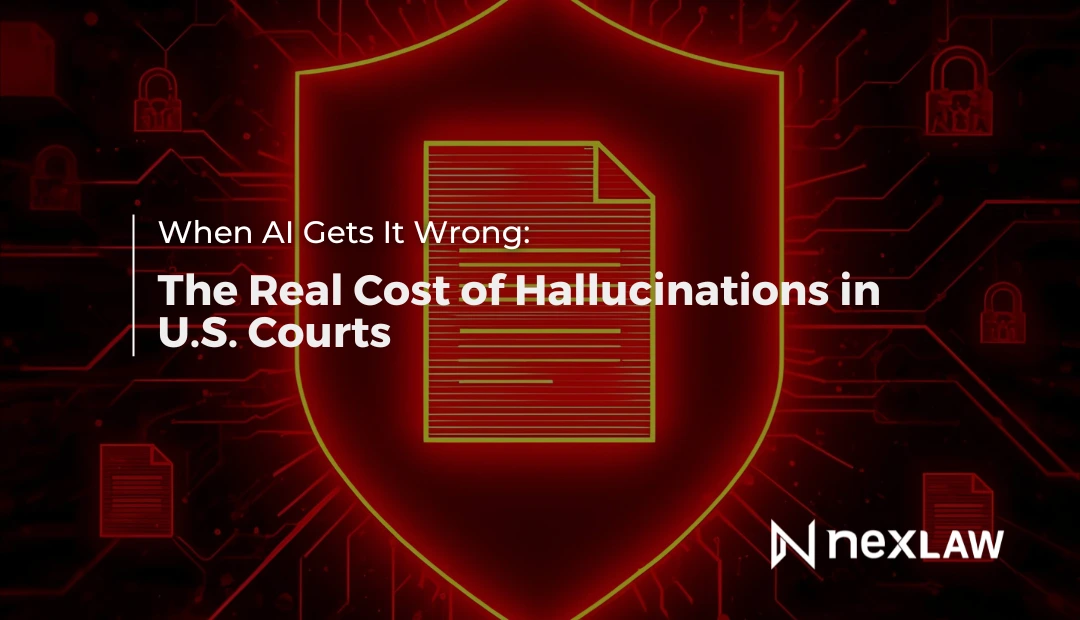AI Hallucinations Hit U.S. Courts: When AI Generates Fake Cases
Introduction
Artificial intelligence is changing how U.S. lawyers approach legal research and drafting. But alongside its benefits, a new risk has emerged: AI hallucinations, instances where software generates case law or citations that do not exist.
Unlock Legal Insights Instantly!
This isn’t theory. Courts have already dealt with filings that included fabricated cases, and judges are taking notice. In one widely reported incident, attorneys in New York were sanctioned after submitting a brief with invented case citations produced by AI. Earlier this year, the Associated Press also covered sanctions against attorneys representing Alabama’s prison system for a similar issue.
For litigators, paralegals, and even pro se parties, the lesson is clear: AI without safeguards can backfire, leading to wasted time, sanctions, and lasting reputational damage.
This article explains what AI hallucinations are, why they happen, and how U.S. lawyers can protect themselves with safer tools and better workflows.
What Are AI Hallucinations in Legal Practice?
An AI hallucination occurs when software generates information that appears credible but is factually false. In law, this often shows up as:
- Invented case names or citations
- Misquoted or misattributed holdings
- Fabricated precedent that cannot be found in any reporter
These errors are particularly troubling because they look convincing on the surface. Judges, clerks, and opposing counsel must spend additional time double-checking citations, which undermines trust in the profession.
For lawyers, the consequences are more serious than embarrassment. The ABA Model Rules of Professional Conduct require attorneys to provide competent representation. Submitting fabricated authority, even unintentionally, can expose lawyers to discipline, malpractice claims, and financial penalties.
The Real Cost of AI Mistakes in U.S. Courts
Recent cases demonstrate the risks:
- Sanctions: Courts have imposed fines when fabricated citations appeared in briefs. The exact amount depends on the severity of the error, but even modest sanctions are damaging when tied to public headlines.
- Credibility: Once a judge questions whether an attorney verified their sources, that credibility loss can affect all future filings.
- Client trust: Clients expect diligence. If they learn their lawyer relied blindly on AI, confidence erodes quickly.
- Firm reputation: In the digital era, stories of AI misuse spread nationally, harming the reputation of individual lawyers and entire firms.
The takeaway? AI mistakes cost far more than the time they save.
Why Do AI Hallucinations Happen?
Hallucinations occur because of how general AI systems are designed. Key factors include:
- Predictive text models: Many AI tools are built to generate likely word sequences, not to retrieve legal precedent. They can produce a plausible-sounding citation that doesn’t exist.
- Deadline pressure: Attorneys under time constraints may skip thorough verification, assuming the AI’s answer is correct.
- Overconfidence: Lawyers new to AI sometimes believe that “advanced” technology guarantees accuracy. It doesn’t.
- Lack of safeguards: General chatbots often lack direct integration with legal databases, meaning their outputs aren’t grounded in actual case law.
Understanding these causes helps explain why safeguards and verification are non-negotiable.
Safer AI vs. Riskier Approaches
Not all AI tools are equal.
General chatbots (like consumer-grade AI assistants):
- Designed for broad conversation, not legal precision
- Can generate fluent writing but lack legal verification
- Pose higher risk of hallucinations when used for research or drafting
Legal-specific AI assistants (like NexLaw):
- Purpose-built for litigation and U.S. legal research
- Use retrieval-augmented generation (RAG) to ground answers in authoritative case databases
- Include built-in citation verification and transparent references
- Provide audit trails to show diligence if questioned in court
The difference is critical: choosing the wrong AI tool for legal work risks sanctions, reputational harm, and client distrust.
The Role of Human Oversight
Even the best AI requires human review. Courts have stressed that lawyers cannot delegate professional judgment to a machine.
Best practices for oversight include:
- Cross-checking every citation in trusted sources
- Treating AI outputs as drafts, not final work product
- Establishing firm-wide AI use policies that define when and how tools can be used
- Training associates, paralegals, and staff on the benefits and limits of AI
By combining AI’s speed with human verification, lawyers can maintain both efficiency and compliance.
Why This Matters for U.S. Litigators
AI hallucinations aren’t just a technical issue, they’re reshaping expectations in the courtroom. Judges are now alert to the problem, and clients increasingly ask how their lawyers are using AI.
Firms that implement safe, verifiable AI workflows will be positioned to:
- Avoid sanctions and discipline
- Demonstrate competence and diligence to courts
- Earn client trust by showing responsibility with new technology
- Gain efficiency without sacrificing compliance
Firms that don’t? They risk being the next cautionary headline.
Conclusion: A Safer Way Forward with NexLaw
AI hallucinations are already in U.S. courts, and the consequences are real. The choice for litigators is clear: either risk general chatbots that may invent case law, or adopt platforms built with safeguards for accuracy, compliance, and transparency.
That’s where NexLaw | Your AI Legal Assistant stands apart:
- Citation verification built in, preventing fabricated cases from slipping through
- RAG technology grounded in U.S. legal databases
- Audit-ready workflows with transparent references for accountability
- Ethics-aligned design consistent with ABA professional standards
By combining speed with reliability, NexLaw empowers U.S. lawyers to harness AI safely, boosting efficiency while protecting their clients, their reputation, and their professional responsibilities.
Lawyers who embrace AI today are shaping the legal profession of tomorrow. Whether you’re part of a litigation team, a solo attorney, or a paralegal eager to expand your role, NexLaw makes it possible.
NexLaw is designed to help paralegals and attorneys—solo or from small and mid-size—prepare cases more efficiently, with greater accuracy and strategic insight.
Book a Guided Demo — See how NexLaw fits seamlessly into your practice and transforms your workflows with a quick walkthrough
You can either start your free 3-day trial (no card required) or 7-day trial (card required) to get hands-on right away — Explore NexLaw risk-free and experience firsthand how AI can enhance efficiency, accuracy, and client satisfaction.
*t&c applied | visit our website for more details
With NexLaw, the future of litigation is here - AI-powered, accurate, and accessible.
